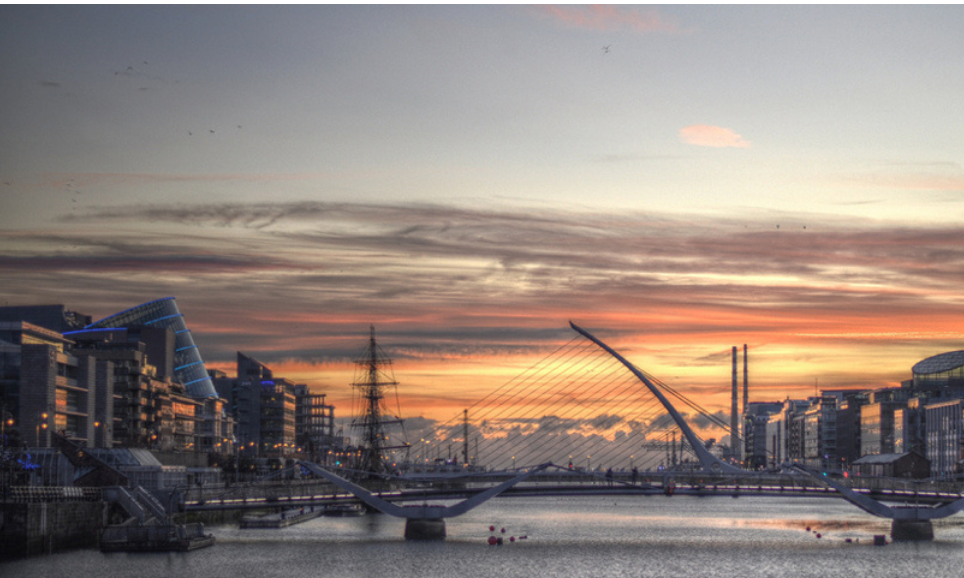The final litter survey of 2022 by business group Irish Business Against Litter has revealed that despite improvements in Dublin City Centre, North Inner City and Tallaght, Crumlin and the Dublin Airport Environs were the only areas in the Capotal to be deemed ‘clean’. Ballymun fell back to ‘littered’.
IBAL says the prevalence of plastic bottles and cans in the study strengthens the case for the impending Deposit Return Scheme.
Cleanliness levels nationwide improved by 6% in 2022, with Naas pipping Kilkenny and Maynooth in the rankings. An Taisce, who carry out the surveys on behalf of IBAL, praised Naas for attaining “a level of cleanliness and presentation that should inspire local authorities across the country to better things”.
The Main Street was singled out as ‘exceptionally well presented and maintained’.
For the third year in succession, Waterford was the cleanest city, ahead of Galway.
Urban areas improved by 12%, yet they continue to occupy the lower positions in the IBAL rankings.
“The results reflect a pattern of improvement since the peak of the Covid pandemic, when litter levels soared, especially in cities,” said IBAL’s Conor Horgan.
“In particular we are seeing local authorities concentrate their efforts on ridding areas of heavily littered sites.
“We have no reason to believe this improvement will not be sustained. Cleanliness is a virtuous circle: clean streets beget clean streets, inspiring a pride and consciousness of the environment among people.”
A strong case for Government schemes
Plastic bottle and cans continue to be a major source of litter, second only to sweet wrappers and present in one in three of the 500-plus sites surveyed.
IBAL believes the findings bolster the case for a deposit return scheme, which is due to be introduced this year, and which will see consumers paying a deposit which they can reclaim on returning their containers to a retailer or other collection point.
“Based on this data the scheme is sorely needed and stands to rid our streets of a significant amount of litter.
“The same applies to the proposed coffee cup levy,” commented Conor Horgan. While there was a fall in the prevalence of coffee cups, they were still found in 25% of sites surveyed.
The survey showed cigarette butts remain a persistent form of litter.
“We welcome the announcement that cigarette manufacturers will now be contributing to the cost of clean-up, but we really need to see preventative measures such as widespread butt disposal facilities alongside innovative packaging which can store butts,” said Conor Horgan.
